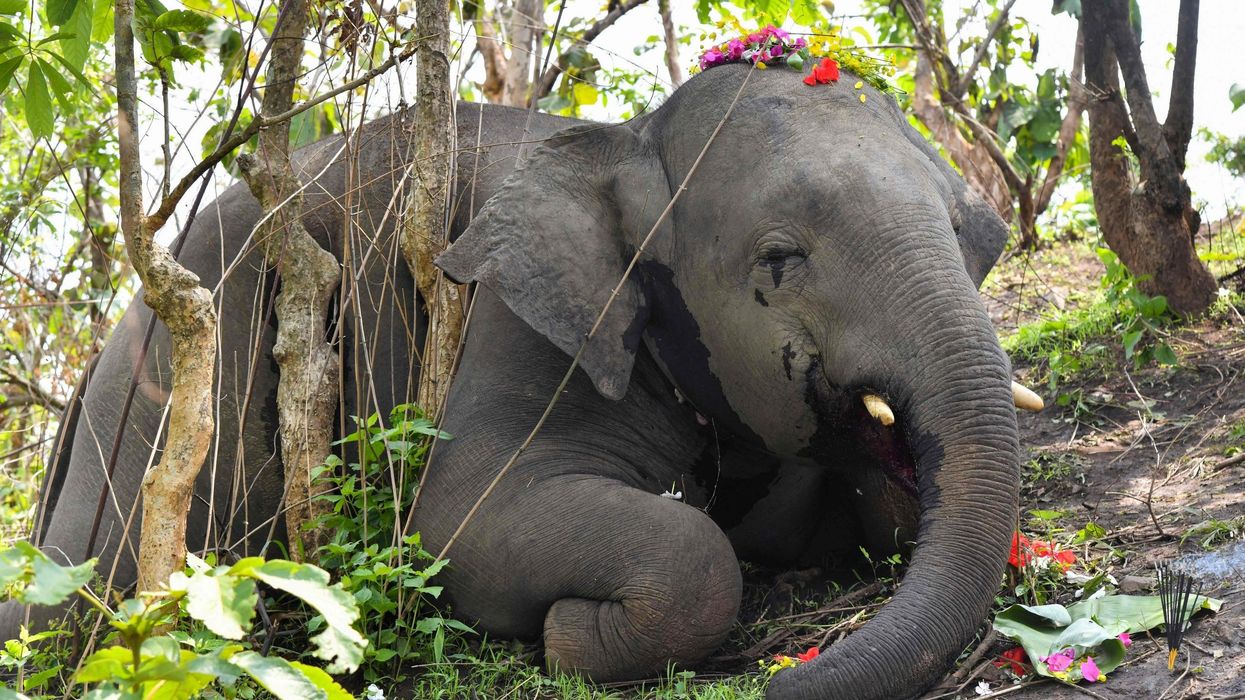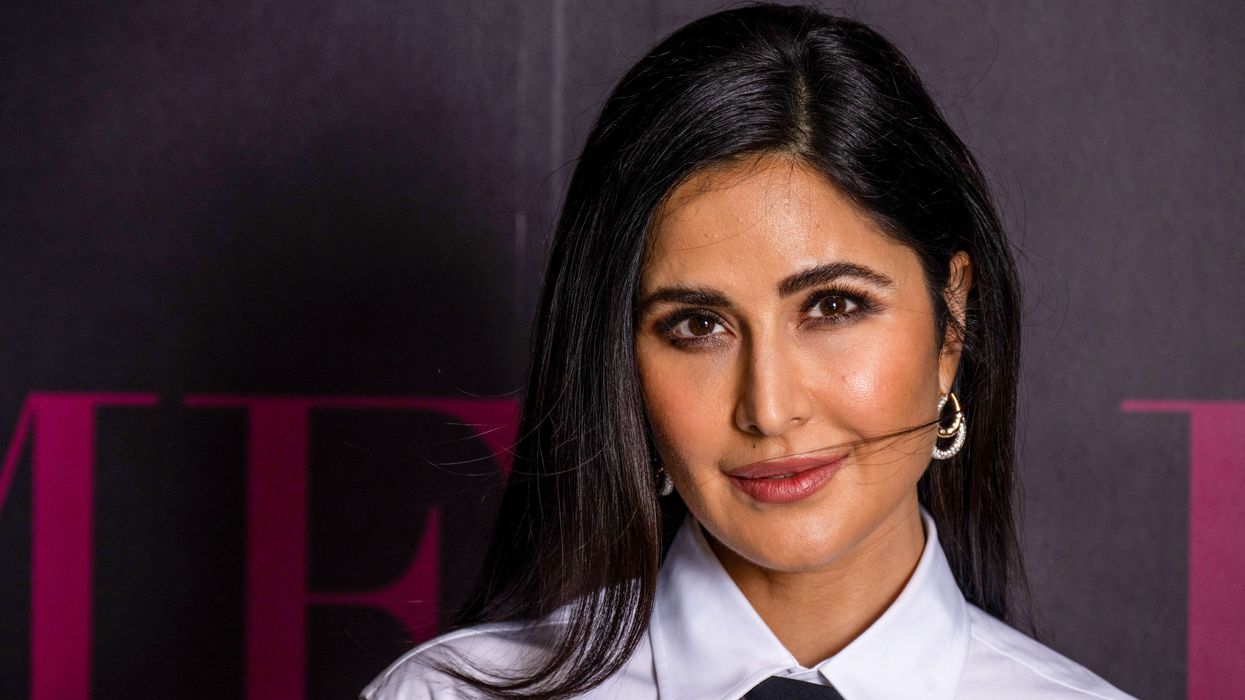One of the world's oldest elephants has died at an estimated age of 89, on an Indian tea farm, caretakers confirmed on Tuesday (22).
Though the precise age of the elephant could not be definitively determined, historical records indicate that he was introduced to a tea plantation by a British farmer during the colonial era of the 1940s.
Caretakers, estimating his age, stated that he was approximately 89 years old.
Dubbed "Bijuli Prasad" -- in the style of human Indian names -- the elephant was taken from the wild as a young bull and worked on tea farms in India's eastern state of Assam's Sonitpur district until 2018.
"Domestic elephants live up to 80 years, provided they are taken care of well," said elephant veterinarian Kushal Konwar Sarma, who cared for Bijuli Prasad in his later years.
"All the teeth of the elephant fell out due to age and it could not eat," Sarma said. "I changed the diet and asked the caretakers to give him boiled food -- mostly rice and soybean with a high protein value."
Renowned for his strength, Bijuli Prasad used "to pull out old tea bushes and clear forested area with ease", and once fought off attackers who tried to seize his long tusks, The Times of India reported.
He was retired to the Behali Tea Estate in Assam, where he died on Monday.
Draped in flowers, Bijuli Prasad was given a funeral with Hindu rituals carried out by a priest and buried.
Behali deputy manager Ujjal Basnet told the Times of India the elephant had been the "pride" of the company.
"We had engaged a priest to worship the elephant and two mahouts (elephant keepers) to look after it, though it retired long ago," Basnet told the newspaper.
"It was a sudden but peaceful death," Basnet said.
In the wild, Asian elephants typically live into their mid-50s, although exact data is scarce, according to the US-based Smithsonian Conservation Biology Institute.
The oldest known elephant died aged 86 in Taiwan in Taipei Zoo in 2003, according to Guinness World Records.
Called "Lin Wang" or "Grandpa Lin", the Asian elephant carried supplies through what was then Burma for Japanese forces in World War II.
(AFP)













